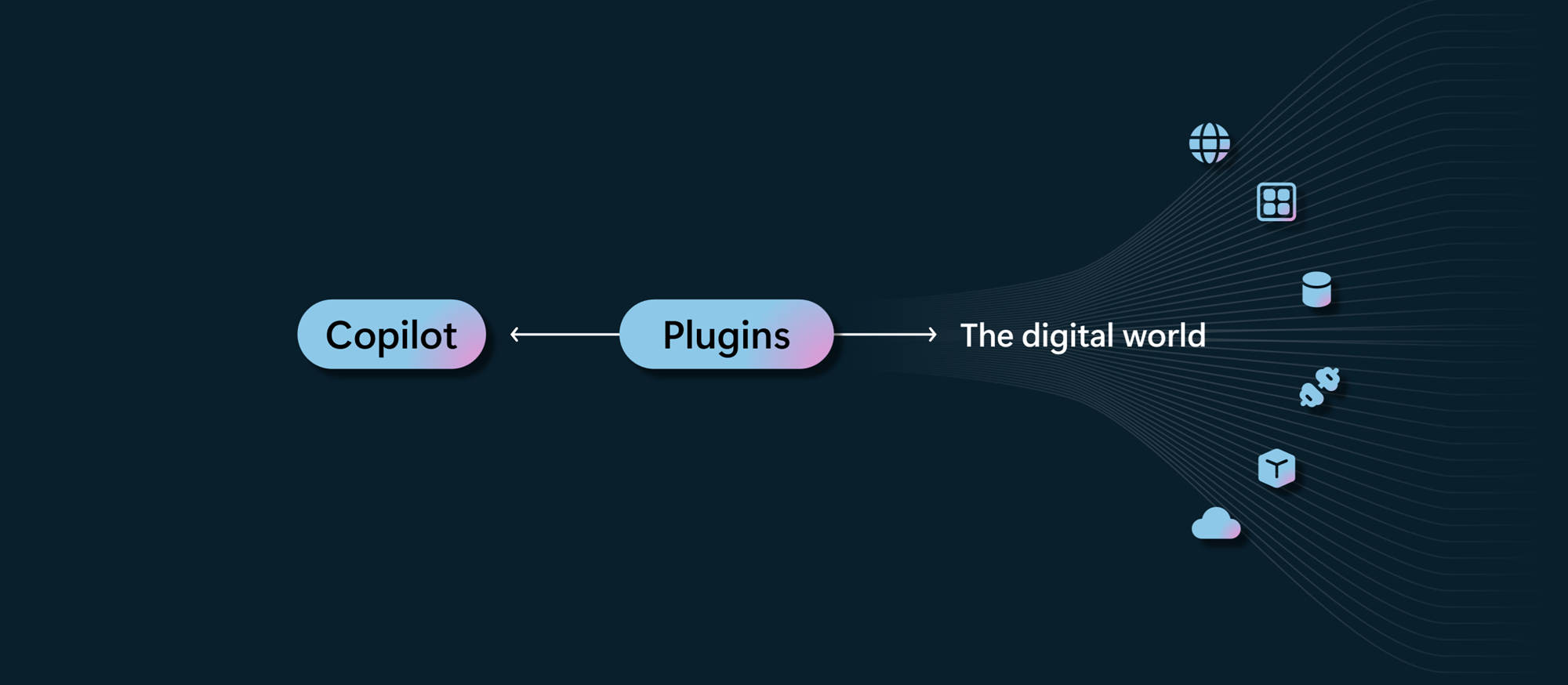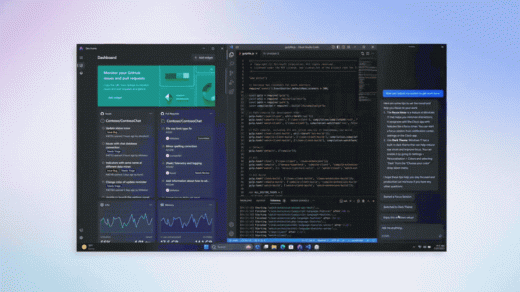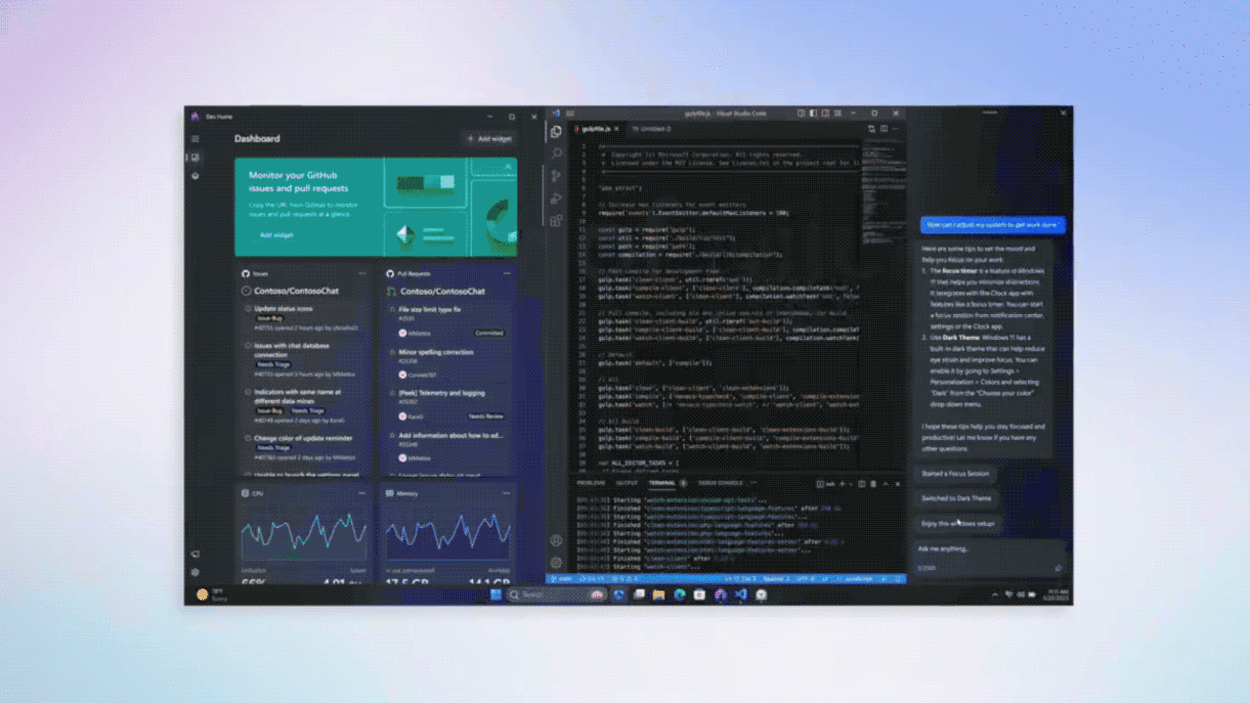Microsoft’s (Open)AI party continues by adding Copilot to Windows
Thanks in large part to a $10 billion investment in OpenAI, Microsoft has spent the last few months hustling to add generative AI capabilities to its various apps and platforms. That trend continued this week at the company’s Build developer conference.
Microsoft already has added its OpenAI-powered assistants to its Bing search engine, its Edge browser, and its Microsoft 365 productivity suite. Now the company is integrating Copilot, an AI personal assistant, into the software that once was its centerpiece: its Windows operating system.
Windows Copilot can exist in a panel on the right side of the
Windows 11 interface. Using Copilot, users can get personalized answers, quickly tweak a setting in the OS, use a voice command to open an app, or turn on Bing Chat for web searches, to name just a few examples. Copilot also knows which apps are already open, and can summarize or explain much of the content in those apps, Microsoft says.
The Windows integration speaks to Microsoft’s overall strategy for winning new customers with its integration of AI. “Microsoft is trying to leverage its initial leadership in working with OpenAI,” says Jason Wong, an analyst with consulting firm Gartner.
Microsoft wants workers to be able to access generative AI features to assist with whatever sort of project they’re working on, no matter the app, service, or platform. But it’s not just a matter of bringing AI to more places. Microsoft is trying to make its Copilots smarter and more helpful by clueing them in to company data.
Microsoft executives emphasize that the Copilot assistant is better informed than chatbots that rely only on their training data (massive amounts of data scraped from the internet). Microsoft’s various assistants can plug into the Microsoft Graph, a repository of proprietary corporate data and knowledge, meaning Copilot can always access specific “ground truth” information, like product codes or partner information, and cite its sources.
“The integration of Copilot with the Microsoft Graph will reduce hallucinations and increase the accuracy of the information, ” Wong says. All the different Copilots use different models with different fine-tuning to support specific tasks and contexts, he explains.
As Stratechery analyst Ben Thompson noted in his newsletter, this integration of data, apps, and powerful AI models may tempt some corporate CIOs to adopt more of the Microsoft software stack. “Microsoft can emphasize that the results will be that much better the more Microsoft tools you use, from CRM to note-taking to communications,” he wrote. “Microsoft has an actual reason-to-switch that is very tangible and that no one, other than Google, can potentially compete with.”
Plugging in
Microsoft also announced an expansion of its use of “plugins” within Bing Chat. Plugins allow an AI assistant to reach out to specialized third-party databases or knowledge bases, and bring back data that can be integrated into its responses to the user. That relieves the user of having to leave their current work space to go off and search for the third-party data. OpenAI announced its first plugins in March, and now has a “plugin store” for ChatGPT that contains more than 120 plugins.

Microsoft says it will adopt OpenAI’s open plugin standard so that the same plugins will work within both ChatGPT and Microsoft’s various Copilots. Plugins built by third-party developers will work within ChatGPT, and throughout Bing, Copilot, and Microsoft 365 apps, Microsoft says.
Microsoft announced a group of new plugins for Bing Chat, including ones from Expedia, Instacart, Kayak, Klarna, Redfin, and Zillow, with others coming.
And finally, the company announced that Bing Chat will be the default search plugin within ChatGPT, meaning that the Microsoft search index is being used every time a ChatGPT user queries the web.
(12)



